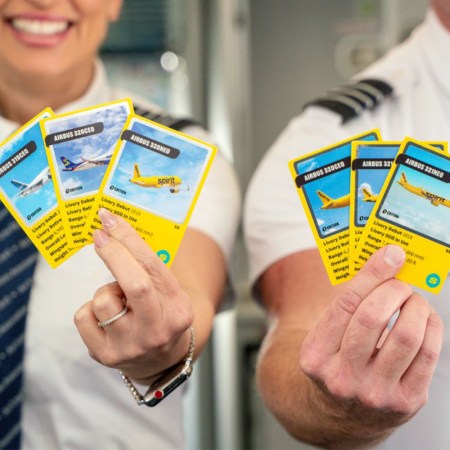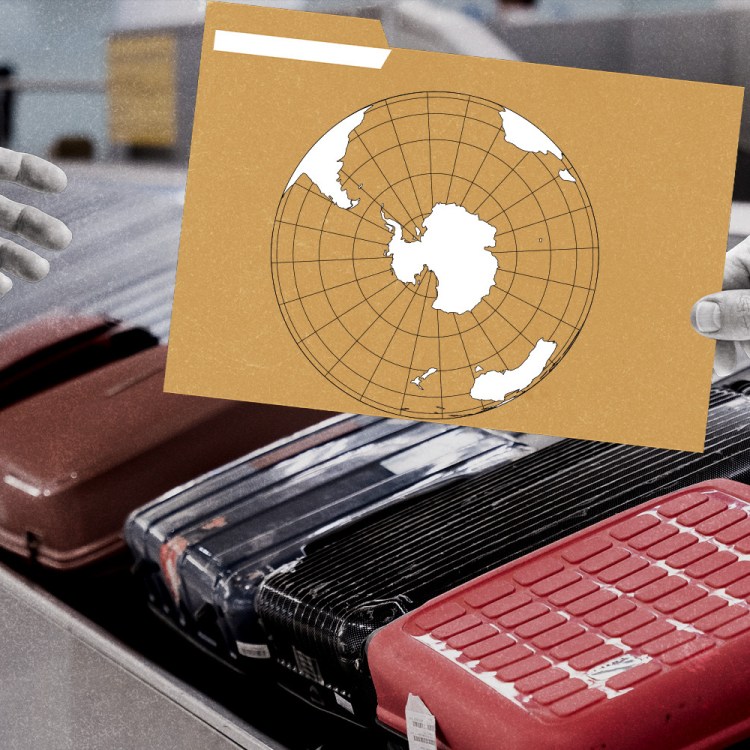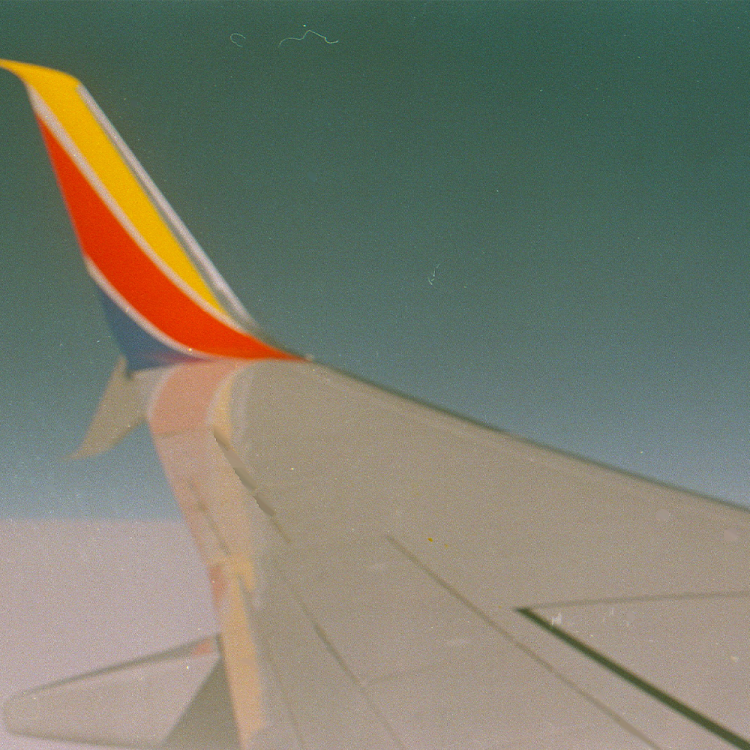You know the story by now: David Dao, a 69-year-old Kentucky physician, was violently forced off a United Express Flight 3411 between Chicago and Louisville on Sunday night. Video footage of the event was plentiful and stomach-churning. Before our attention collectively turns from corporate mayhem to political maladroitness, we wanted to take a moment to answer some questions about how to ensure you don’t get your face broken the next time you fly.
So — how can I avoid physical violence when traveling by plane? Travel by car, boat, rail or foot. Scratch “rail,” actually.
What’s the big deal about overbooked flights? Usually, there isn’t one. Airlines routinely overbook flights because they know that some passengers will fail to show. The alternative is potentially higher fares, as airlines would likely be stuck with empty seats, since there wouldn’t be any overbooked flyers to fill them.
Seems weird. If you buy a ticket, you should get a seat. This is where cash (or flight vouchers) come into the mix. Airlines want the flexibility that overbooking gives them, without inciting constant revolt among travelers denied boarding. So they offer remuneration to volunteers, either in the form of cash, flight vouchers or similar. You’ll likely hear an announcement at the gate (or be offered the deal at check-in). Always ask for cash. If you don’t have a compelling reason to get where you’re going — or might even appreciate a day or two extra in your current city — this can be a good outcome. The amount usually gets higher if volunteers fail to come forward.
But what if no one bites? This is where things get hairy. Tickets give airlines the right to deny boarding to passengers. The upside is that the compensation for passengers involuntarily denied boarding is mandated by law (at least for now; stay strong, RBG). This is actually a pretty rare phenomenon: according to BoardingArea, “The number of passengers being involuntarily denied boarding was at a 20 year low in 2016. Out of roughly 660 million passengers last year, only 40,000 were involuntarily denied boarding, which is roughly 0.6 involuntary denied boardings per 10,000 seats.” Unsurprisingly, you’re less likely to be bumped if you fly with status or in biz or first class.
How does this align with the United fiasco? Basically nowhere. The expectation is that passengers bumped involuntarily are bumped for other passengers — not because an airline has to reposition crew. (Reminder: Dao was one of four passengers removed from the flight to accommodate four airline staffers who needed to get from Chicago to Louisville, KY. Airline staff had offered passengers up to $800 to take a later flight. The flight was not overbooked.) It’s 300 miles between the two cities — how much do you think United wishes they’d just Uber’d that?
If $800 didn’t work, why didn’t airline staff just keep offering more money until someone took the bait, the American way? We have no idea.
So what’s the takeaway? Some critics have come out strongly against the overbooking system. We’re more aligned with this piece on distinguishing between the needs of a corporation versus the needs of a human being, or failing to. Every system (overbooking included) breaks at some point. The question is how the ostensible authorities — here, the United staff on the plane — handle the problems that ensue. This shit is frightening: not because of the overbooking system, which generally works. It’s frightening because there were a dozen human responses to this problem, all of which were ignored for the most efficient one: to eliminate the problem by any force necessary.
And that is the product of a culture with serious flaws.
This article appeared in an InsideHook newsletter. Sign up for free to get more on travel, wellness, style, drinking, and culture.
























